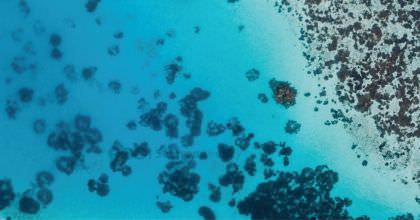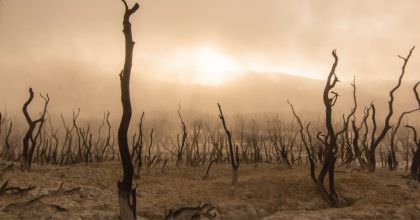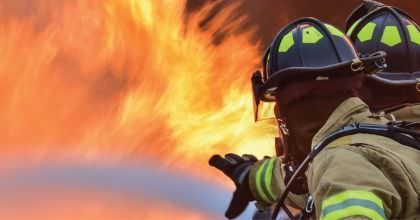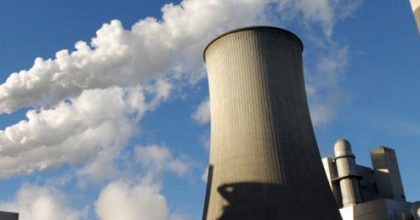Ocean Acidification
Ocean acidification threatens the marine food web and coastal communities.

Ocean acidification threatens the marine food web and coastal communities.

Climate change poses a serious threat to public health. Many people now recognize that effects like extreme heat, storms, air pollution, and wildfires are hazardous to physical health, but fewer realize that mental health can be equally compromised by these large changes to our environment.

The effects of sea level rise, more extreme storms, prolonged drought and severe flooding threaten infrastructure systems that provide essential services for society — from drinking and wastewater systems to the transportation that drives our economy and the energy systems that power the national grid.

As the world warms, one often overlooked issue is its effects on sports and recreation. While not as life-threatening as extreme weather or as costly as droughts, climate change’s impacts on sports is something that’s becoming increasingly common.

One of the clearest findings of climate science is that global warming amplifies the intensity, duration and frequency of extreme heat events.

Following the publication of the latest findings by the Intergovernmental Panel on Climate Change (IPCC), some commentators zeroed in on a short paragraph in the Summary for Policymakers. This brief section lays out a “carbon budget,” defined as the precise quantity of carbon dioxide that humans can emit and still limit warming to 2ºC above pre-industrial levels.


Climate change creates new uncertainties about the spread of diseases such as the Zika virus, dengue fever, malaria, and Lyme disease. These illnesses are transmitted by insects known as vectors, including mosquitoes, ticks, and flies.

